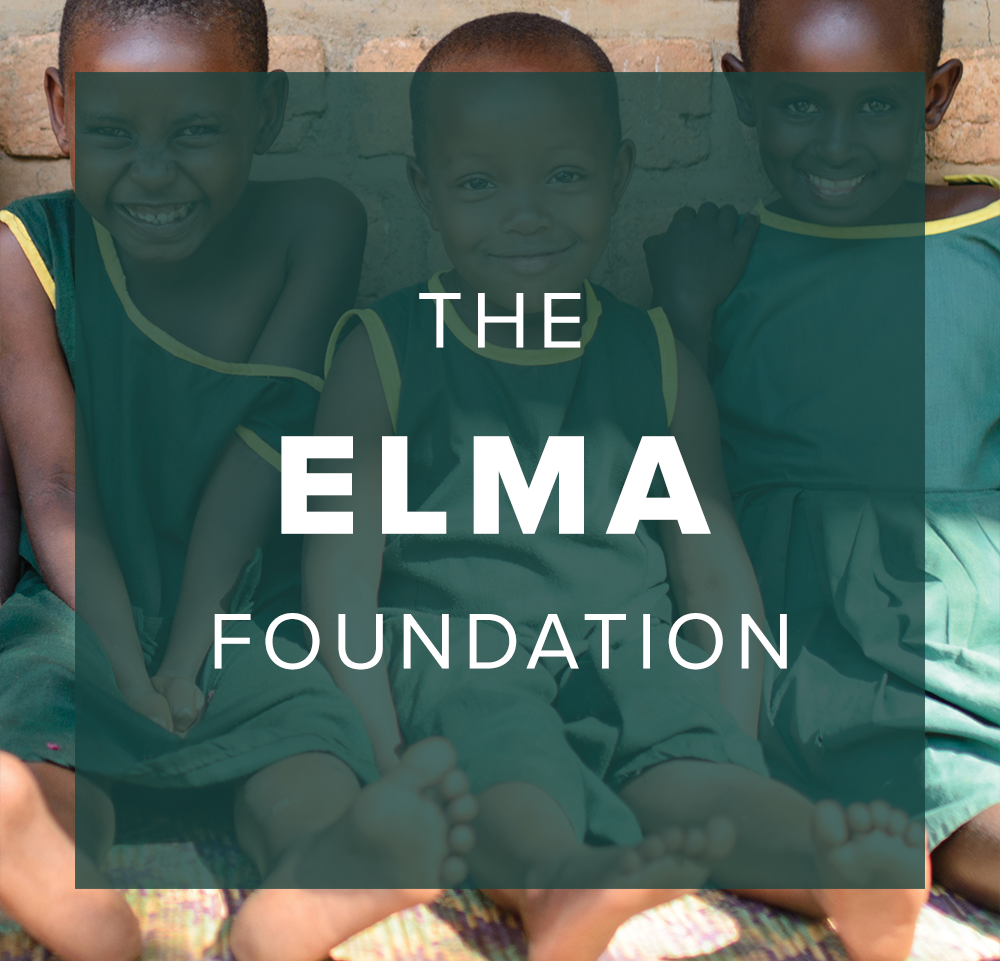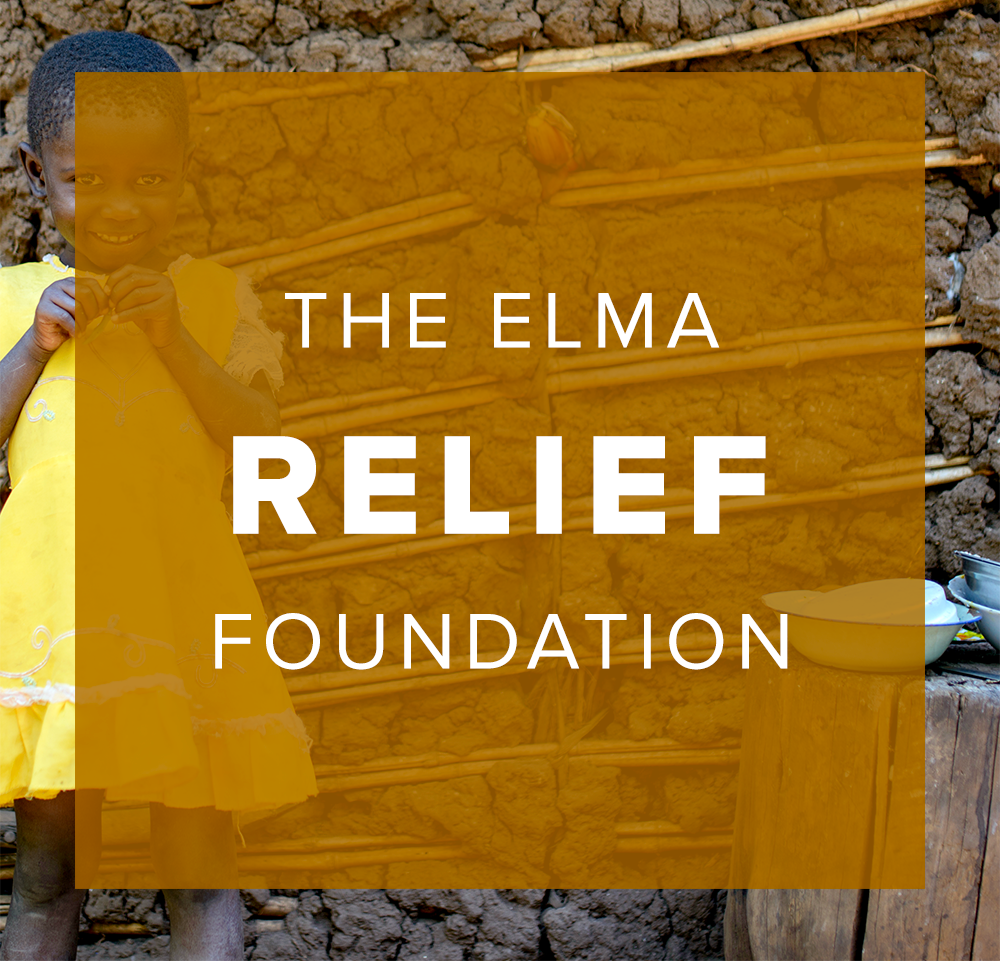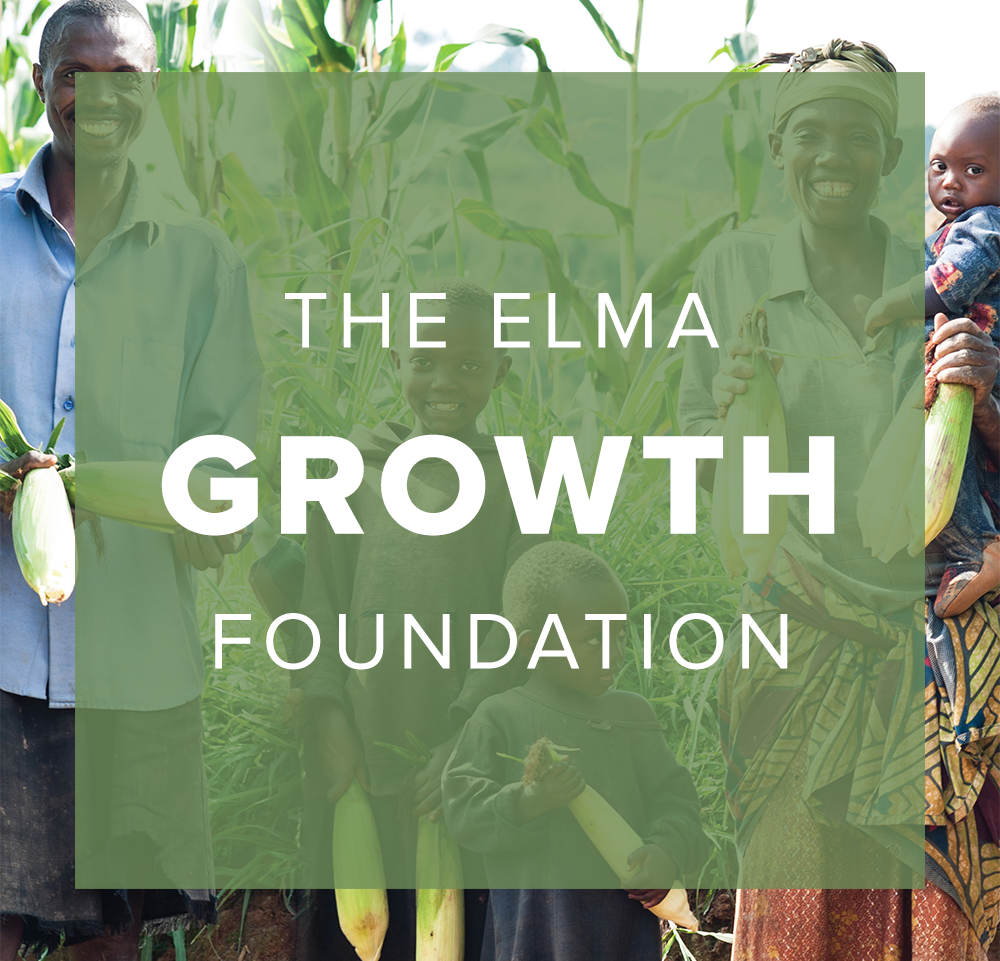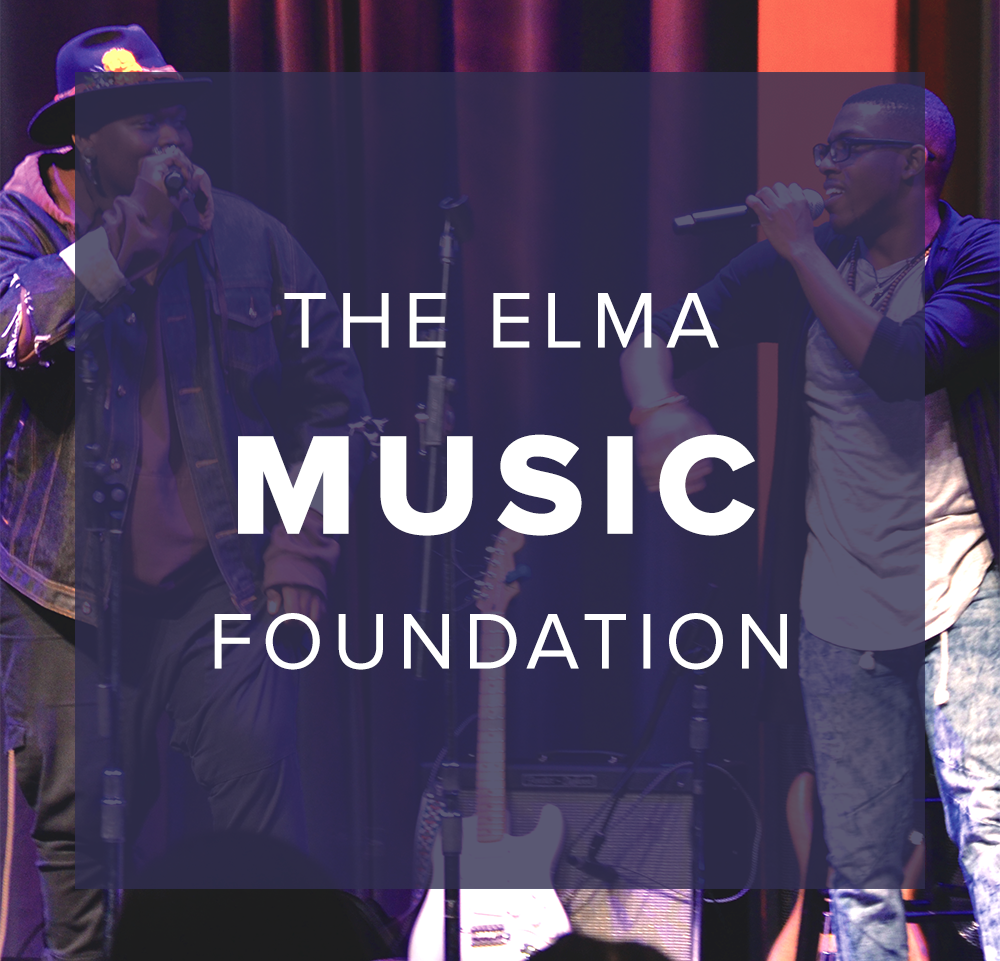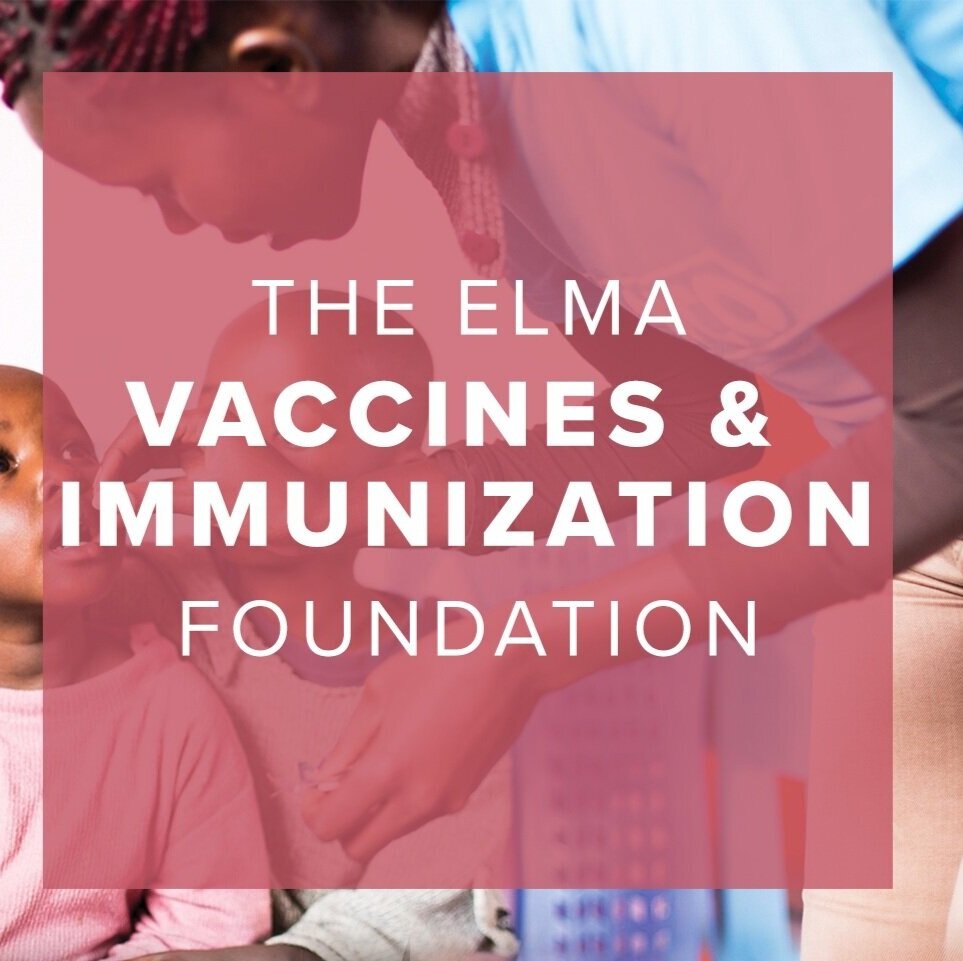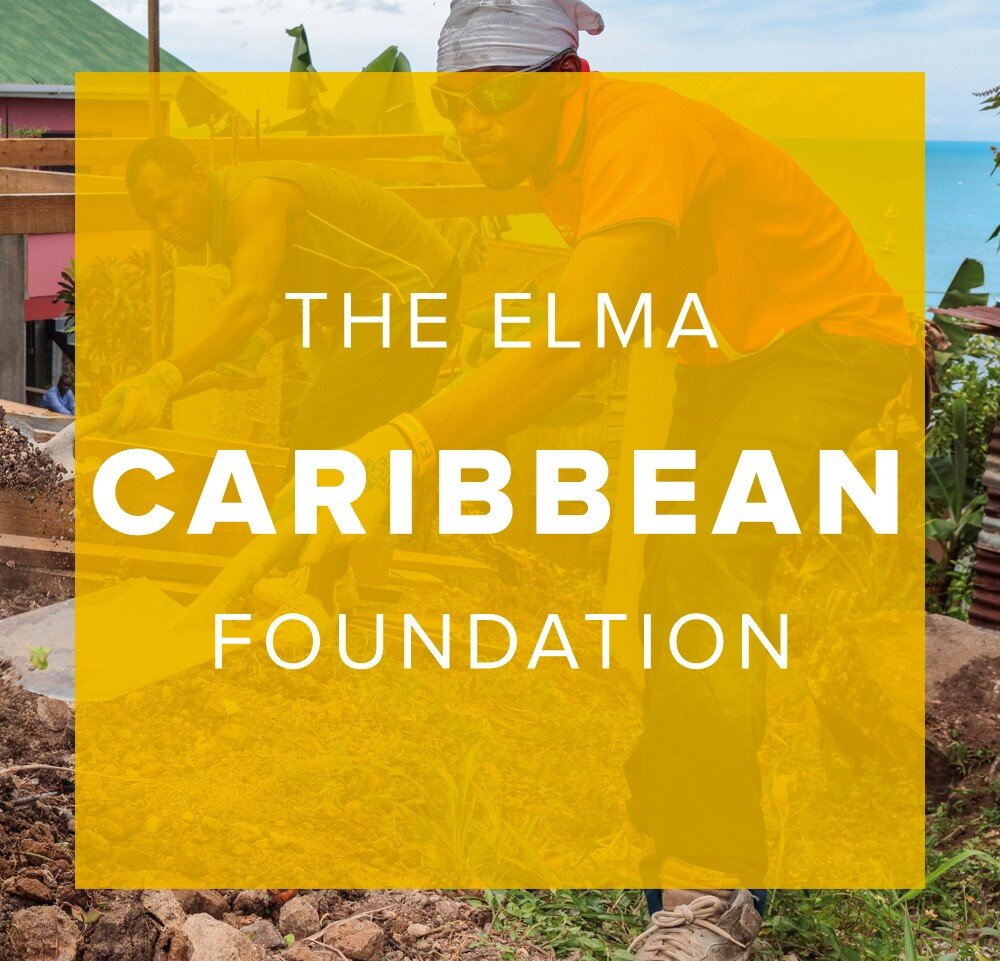How Community-Based Organizations Are Responding to COVID-19
August 20, 2020
Ruth Mapara
Director, ECGP
ELMA Philanthropies
Responding to public health emergencies is not a new concept to African community-based organizations (CBOs), as demonstrated through their comprehensive response to the HIV/AIDS crisis, Ebola outbreaks, natural disasters, and other recent emergencies.
CBOs are often serving families in areas that governments and large NGOs do not reach, and because they are embedded in the communities they serve, CBOs are able to readily identify needs and provide services to vulnerable children and families, often acting as their only safety net. CBOs are led by local leaders who have risen to respond to local challenges and needs by designing community-led solutions.
Since the beginning of the COVID-19 crisis, the CBOs supported by The ELMA Foundation within The ELMA Community Grants Program (ECGP) portfolio have demonstrated agility and resourcefulness in their response to meet the immediate needs of their communities. To facilitate this response, ELMA provided all of its 117 ECGP partners with a once-off emergency support grant to enable continuation of operations and service provision during the crisis.
As first-line emergency responders, CBOs have adapted their programs and organizational operations to meet COVID-19 guidelines and restraints. While government-mandated lockdown periods began in most countries, CBOs focused on prevention, which included designing and disseminating accurate prevention information in local languages. Africa Directions in Zambia used their expertise to provide relevant COVID-19 information through pamphlets, posters, short video clips, and local radio stations. In Rwanda, Centre Marembo partnered with the Rwanda Ministry of Health to design posters that were distributed throughout the community. Across the ECGP portfolio, grantees also intensified water, sanitation, and hygiene (WASH) practices within their communities, by setting up handwashing stations, and providing hygiene kits. Due to reduced economic activity, food security and malnutrition immediately became a concern, so the majority of the ECGP organizations distributed food parcels and/or cash transfers to their most vulnerable community members.
Left Poster: Bulungula Incubator; Right Poster: Centre Marembo
As lockdown and social distancing restrictions continued, the disruption of normal programming required grantees to find adaptive and innovative ways to support their beneficiaries. KINDLE Orphan Outreach in Malawi redesigned and limited the flow of daily patients at its community clinic. In an effort to reduce frequent trips to the local clinic, Tiny Tim and Friends in Zambia provided its beneficiaries with enough medication to last them two months at a time. Kyaninga Child Development Centre in Uganda visited 323 of its most vulnerable families to deliver food packages, medication, home therapy, and education packs, eliminating the need for families to leave home. The Women’s Institute for Secondary Education and Research in Kenya transitioned to distance learning to continue its educational support to secondary school girls, and provided nutritional and psychosocial support to reduce the vulnerability of the girls to the many challenges that have been exacerbated by the COVID-19 crisis. The digital skills of the CLaSH team in Namibia developed significantly as they shifted to recording short videos of their arts and craft activities in Namibian Sign Language, and circulated them via WhatsApp to facilitate continued learning for hearing impaired children.
Photo: Africa Directions
In pursuit of protecting its elderly and most at-risk community members, Bulungula Incubator in rural Eastern Cape, South Africa converted its community-run travel-lodge into an isolation center. In Zimbabwe, Rozaria Memorial Trust (RMT) collaborated with the Murehwa District Hospital to convert the RMT Women Empowerment Center into a case management center to reduce the burden on the local hospital. In Mozambique, Associacao Para o Desenvolvimento Comunitario Kuwangisana demonstrated the resilience of CBOs - responding to the COVID-19 crisis on the back of having responded to and still recovering from the devastating effects of 2019’s Cylone Idai.
Looking to the future, CBOs are well positioned to assist communities and beneficiaries not only to survive COVID-19, but to help rebuild the livelihoods of communities, and continue to support the physical and mental well-being of its beneficiaries in a post-COVID world.





